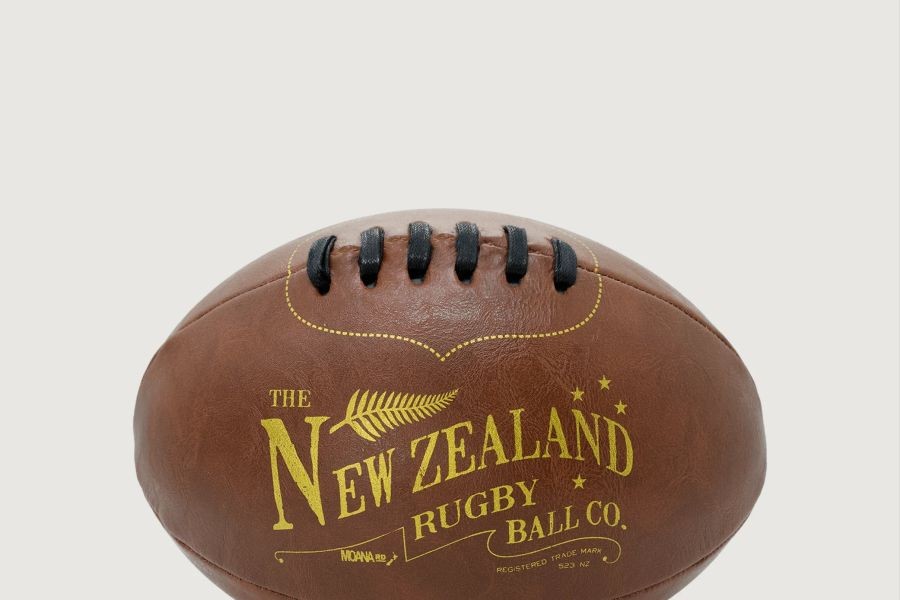In the world of snorkeling, two destinations stand out as iconic: Australia's Great Barrier Reef and the Maldives. Both locations offer mesmerizing underwater experiences, teeming with vibrant marine life and stunning coral formations. However, when it comes to choosing the ultimate snorkeling destination, several factors must be considered, particularly from an Australian perspective. This comparative analysis explores the intricate details that make each location unique, providing insights for those looking to dive into the best snorkeling experience possible.
The Great Barrier Reef: An Australian Icon
Spanning over 2,300 kilometers along the Queensland coast, the Great Barrier Reef is not just a national treasure, but a UNESCO World Heritage site. It's a vital part of Australia's economy, contributing approximately AUD 6.4 billion annually, and supporting over 64,000 jobs (Source: Great Barrier Reef Foundation).
Pros of Snorkeling at the Great Barrier Reef
- Rich Biodiversity: Home to 1,500 species of fish, 400 types of coral, and various marine mammals.
- Accessibility: Easily reachable from major Australian cities, with tours departing from Cairns, Port Douglas, and Airlie Beach.
- Conservation Efforts: Strong regulatory frameworks by the Australian government help protect the reef from threats like coral bleaching and pollution.
Cons of Snorkeling at the Great Barrier Reef
- Environmental Threats: Climate change and coral bleaching pose significant risks.
- Crowds: Popularity can lead to crowded snorkeling sites, particularly during peak seasons.
The Maldives: A Tropical Paradise
The Maldives, known for its crystal-clear waters and luxurious overwater bungalows, is a premier destination for snorkeling enthusiasts worldwide. Although it lacks the vastness of the Great Barrier Reef, it offers a unique snorkeling experience with its atolls and reef ecosystems.
Pros of Snorkeling in the Maldives
- Pristine Waters: Exceptional water clarity allows for remarkable visibility.
- Exclusive Resorts: Many resorts have private reefs, offering a more intimate snorkeling experience.
- Unique Marine Life: Opportunities to see rare species such as whale sharks and manta rays.
Cons of Snorkeling in the Maldives
- Cost: High travel and accommodation expenses, especially for Australians.
- Limited Accessibility: Requires international travel and additional domestic transfers.
Economic and Environmental Considerations for Australia
Australia's economy benefits significantly from the tourism industry, with the Great Barrier Reef playing a crucial role. According to the Australian Bureau of Statistics, tourism contributes approximately 3.1% to the national GDP, and with travel restrictions easing, there’s a renewed focus on domestic tourism (Source: ABS, 2023).
Environmental sustainability is a priority for both destinations. The Great Barrier Reef Marine Park Authority implements stringent regulations to protect marine life, including zoning plans that designate specific areas for tourism, fishing, and conservation. This balance ensures the reef's health while supporting the local economy.
Case Study: Resilience of the Great Barrier Reef
Problem: The Great Barrier Reef has faced significant bleaching events over the years, threatening its biodiversity and the livelihoods dependent on it.
Action: The Australian government invested AUD 1.9 billion in the Reef 2050 Plan, focusing on water quality improvements, reef restoration, and climate adaptation strategies.
Result: Recent reports indicate a 29% improvement in coral cover in some areas, showcasing resilience and effective management (Source: CSIRO).
Takeaway: This case study highlights the importance of comprehensive conservation strategies in preserving natural wonders.
Debunking Myths About Snorkeling Destinations
- Myth: "The Maldives' waters are always clear." Reality: While generally clear, seasonal monsoons can affect visibility.
- Myth: "The Great Barrier Reef is dead." Reality: Despite challenges, significant areas are thriving due to conservation efforts.
Future Trends and Predictions
Looking ahead, the focus will be on sustainable tourism practices. By 2030, it is predicted that 50% of Australia’s tourism revenue will derive from ecotourism (Source: Deloitte, 2025). This shift presents opportunities for both destinations to innovate in conservation and tourism offerings, ensuring their long-term viability.
Final Takeaway & Call to Action
Both the Great Barrier Reef and the Maldives offer unparalleled snorkeling experiences, each with its unique charm and challenges. For Australians, supporting the Great Barrier Reef not only provides an exceptional adventure but also contributes to the local economy and conservation efforts. As travelers, embracing sustainable tourism practices ensures these natural wonders remain for future generations.
If you're passionate about marine conservation or planning your next snorkeling trip, share your experiences and tips in the comments below. What’s your ultimate snorkeling destination and why?
People Also Ask
- How does snorkeling impact marine conservation in Australia? Snorkeling tourism supports marine conservation through funding and awareness, promoting sustainable practices.
- What are the misconceptions about the Great Barrier Reef? A common myth is that the reef is beyond recovery, but ongoing efforts show signs of resilience and recovery.
Related Search Queries
- Best snorkeling spots in Australia
- Great Barrier Reef vs. Maldives for scuba diving
- Sustainable tourism in Australia
- Marine life conservation in the Maldives
- Travel costs to the Maldives from Australia





























